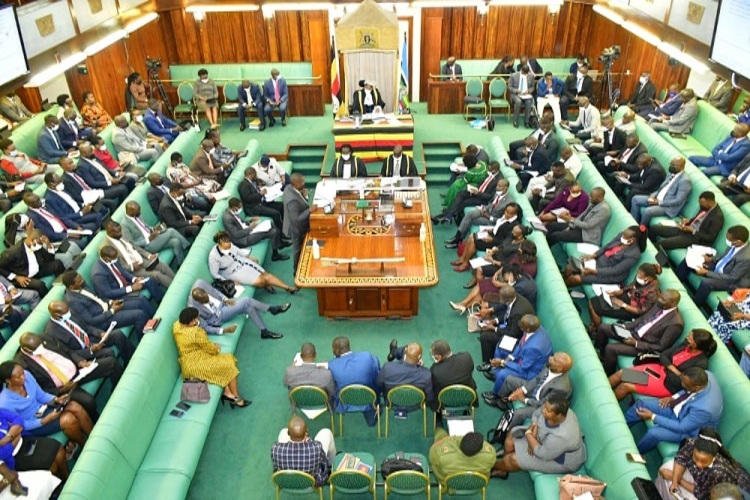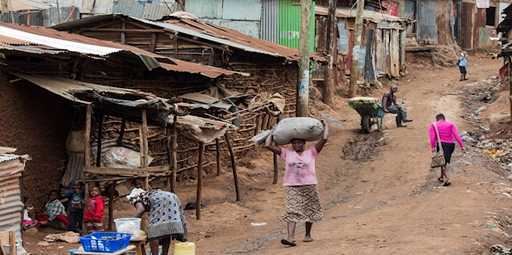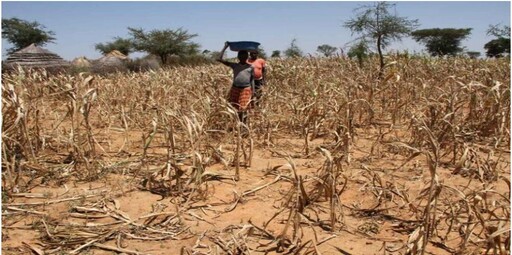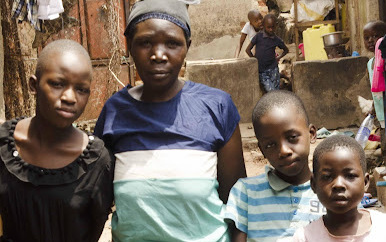For years, climate enthusiasts have been very vocal about the dangers of environmental degradation and how the world would pay heftily for it. As of 2022, climate change effects in Uganda have been so evident, from a complete change in rain patterns to longer dry spells with days hotter than usual. Farmers are currently the most affected in Uganda because it is common practice to be entirely dependent on nature for the success of their projects. Most practice rudimentary farming methods, which leave them vulnerable to unpredictable weather. The climate is now letting them down because the weather is becoming more unpredictable and harsher every year.
There was a threshold set internationally by the Paris climate agreement as a guard to prevent extreme climate change effects. This threshold is 1.5 degrees Celcius. Beyond this limit, climate change will have devastating effects on the earth. As of 2021, the probability of the world surpassing that mark was higher than 20%. This year, the likelihood of passing the threshold is 50%, a scary concept. What is even more alarming is most people in Uganda are not aware of this threat. This is clearly shown by their relentless environmental degradation. Charcoal businesses are thriving, more forest land is cleared every day, and Ugandans practice even poorer non-biodegradable waste disposal.
"Charcoal businesses are thriving, more forest land is cleared every day, and Ugandans practice even poorer non-biodegradable waste disposal"
The biggest driver to the 50% mark is the COVID-19 pandemic. In Uganda, most people were caught off guard by the COVID-19 lock-down that shrank the economy for two years. People lost their jobs, and it became a matter of survival. This encouraged the swift turn to farming and natural-resource-fuelled economic activities, which increased the pressure on already dwindling natural resources and increased greenhouse emissions.
There are ways forward that would contribute to mitigating climate change. First and foremost, awareness creation is a critical starting place. It is impossible to work with people in the dark about the matter being addressed. And it is also important to identify which people need more intense awareness. Advocacy for planting more trees would yield better results when promoted in rural areas. This is because urban areas in Uganda are packed with buildings to house their ever-growing populations. There is hardly any space for people to plant their small vegetable gardens (a norm in Uganda), much less a couple of trees. On the other hand, in the rural areas, there is so much land that can be turned into small artificial forests to support the climate change cause.
Proper non-biodegradable waste disposal can be best promoted and advocated for in urban areas. Urban areas are saturated with businesses that use non-biodegradable materials like plastics, yet these lack proper disposal. Achieving proper disposal in urban areas would be hard without creating adequate awareness about its importance. A “be-your-brother' s-keeper” approach would work best in such a setting because people would hold each other accountable in the absence of climate change advocates.
Climate action to mitigate climate change is vital because it affects the entire earth. It is frustrating when people are not responsive to climate action. But how can people take action when they are not on the same page as the advocates or, in the very least, have the same information. And yes, environmental campaigns are being held worldwide, but how many Ugandans have this information? The approach towards this issue must change if unequivocal change is to be realised. Getting the most relevant information to every one despite level his/her of education or location should be the goal. Ensuring every man takes part in fighting this life-threatening issue should be priority.









Views